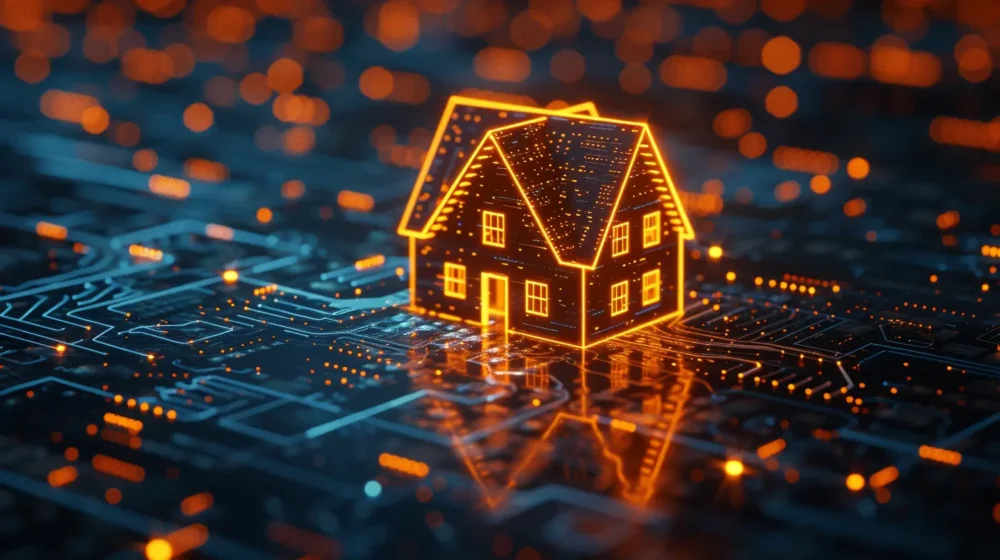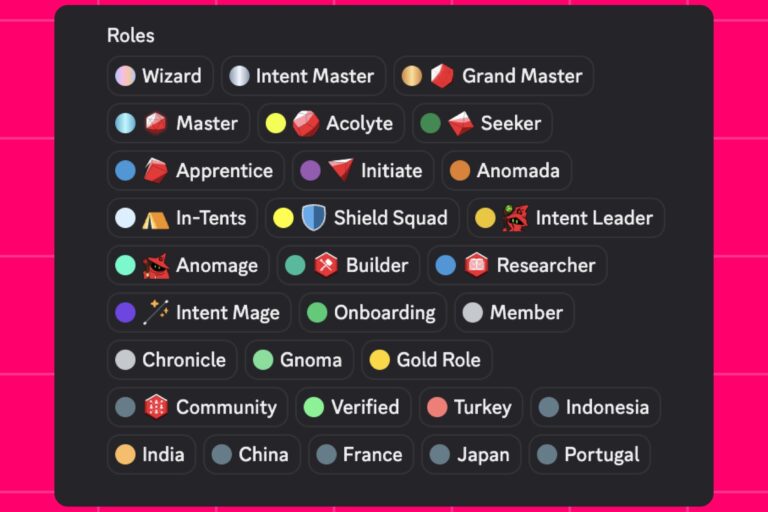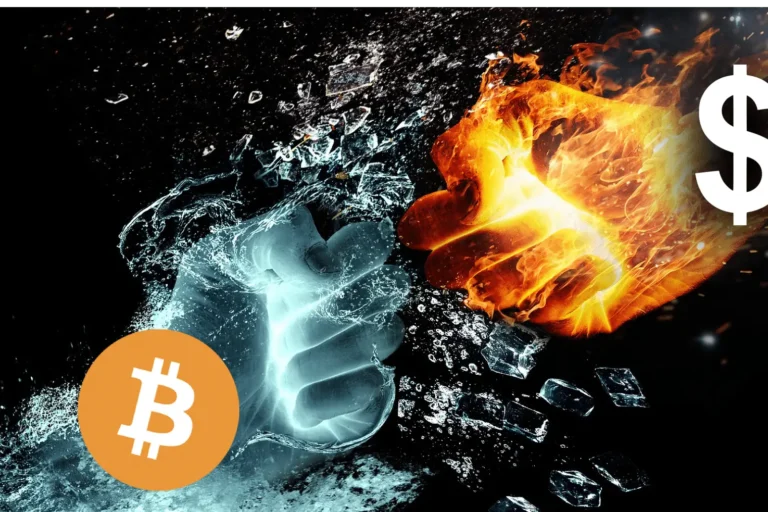Have you ever dreamed of owning a slice of a luxury hotel in Bali, a gold bar stored in Switzerland, or a Picasso painting without being a billionaire? Thanks to blockchain and the rise of real-world asset (RWA) tokenization, that dream is becoming a reality for everyday people.
Let’s break it down simply and explore what tokenization of real-world assets really means, how it works, and why it’s gaining serious momentum in the world of crypto.
What Is Real-World Asset (RWA) Tokenization?

Tokenization is the process of converting real, tangible assets like real estate, gold, stocks, or even art, into digital tokens that live on a blockchain.
Each token represents a fraction of ownership in the real asset. So instead of buying an entire apartment worth $300,000, you could own a small piece of it, say $100 worth via a digital token.
Think of it like cutting a large pizza into many slices and letting people buy the slices they can afford. Everyone owns a part, and the value is shared.
How Does Tokenization Work?
At a high level, the tokenization process follows these steps:
- Asset Selection: A real-world item like a building, artwork, or commodity is chosen.
- Legal Framework: The asset is legally held by a custodian or trust that ensures it’s secure and properly managed.
- Smart Contract Creation: A smart contract is created on a blockchain (like Ethereum or Polygon), defining the rules and ownership rights.
- Token Issuance: The asset is split into digital tokens. Each token represents a portion of the asset.
- Trading & Ownership: Investors can buy, hold, or sell these tokens, just like trading crypto or stocks.
This entire process adds transparency, efficiency, and access, all thanks to blockchain.
Benefits of Tokenizing Real-World Assets

So why are people and institutions excited about RWA tokenization? Here are a few major advantages:
- Fractional Ownership: You don’t need huge capital to invest. Even small investors can own a piece of a large asset.
- Global Access: Tokenized assets can be accessed 24/7 from anywhere in the world using just a crypto wallet.
- Improved Liquidity: Selling a share of real estate or fine art becomes as easy as clicking “sell” on a platform—no need to wait for buyers or realtors.
- Faster Settlement: Traditional real estate sales or stock transfers can take days. Blockchain-based ownership updates in seconds.
- Transparency & Traceability: Every transaction is recorded on the blockchain, reducing fraud and errors.
It’s like turning old-school investing into something as simple as buying music or games online.
Risks and Challenges of RWA Tokenization

As exciting as it sounds, tokenizing real-world assets isn’t without its bumps. Here are some challenges to keep in mind:
- Regulatory Uncertainty: Laws around digital assets and securities vary across countries. Some tokenized assets may be classified as regulated securities, requiring compliance.
- Legal Complexity: Who really owns the asset? How are rights enforced in court if there’s a dispute? These legal grey areas still need clarity.
- Smart Contract Bugs: Code errors in smart contracts can result in asset loss or unexpected behavior.
- Asset Valuation: Unlike crypto coins, tokenized real-world assets need fair and regular appraisal.
- Custody Risks: If the physical asset is lost, stolen, or mismanaged by its custodian, token holders could be left with nothing.
In short, tokenization is powerful but still evolving.
Is Tokenization of Real Assets Safe?
Safety depends on how and where the tokenization is done.
Reputable platforms that work with regulated custodians, legal frameworks, and audited smart contracts offer better security. Still, risks remain, especially around regulation and asset custody.
To stay safe:
- Do your own research (DYOR) on platforms offering RWA tokenization.
- Choose projects that are transparent, regulated, and backed by real professionals.
- Understand the legal rights your tokens actually give you ownership, income, voting, or just speculation?
Think of it like any investment: There’s potential, but due diligence is key.
Examples of Tokenized Real-World Assets

To help you visualize how this works in the real world, here are some real-life examples of tokenized assets already being used today:
Real Estate
- RealT: A U.S.-based platform that tokenizes rental properties. Token holders receive rent income directly into their crypto wallets.
- Brickblock: Enables real estate developers to tokenize property ownership and open it up to global investors.
Bonds and Treasury Assets
- OpenEden: Offers tokenized exposure to U.S. Treasury Bills and high-yield cash equivalents—bringing traditional finance into DeFi.
- Franklin Templeton: A traditional asset manager offering a tokenized U.S. Government Money Market Fund on the blockchain.
Gold and Commodities
- PAX Gold (PAXG): Each token is backed by one fine troy ounce of gold stored in a London vault.
- Tether Gold (XAUT): Another gold-backed stablecoin giving investors exposure to physical gold without needing to store it.
Art and Collectibles
- Masterworks: Lets users invest in fine art (think Picasso or Banksy) by buying shares of tokenized paintings.
- Particle Collection: Tokenizes iconic artworks into thousands of pieces, enabling community co-ownership.
These projects show how tokenization isn’t just theoretical, it’s already changing the way we think about ownership, investment, and access.
A New Chapter in Asset Ownership

Tokenization of real-world assets is more than a blockchain buzzword. It’s a practical solution that’s opening doors for both everyday investors and institutions. By turning physical assets into digital tokens, we unlock global access, speed, transparency, and new financial possibilities.
Still, like any new innovation, it’s important to tread carefully. Regulations, risks, and technology are all still evolving. But one thing is clear: tokenization is shaping the future of finance. And you’re early enough to understand it.
If there’s something you want me to cover next, just let me know. You can follow me here on my website and my Medium to get my latest updates as soon as they drop! You can also contact me through X @AskaraJr and Linkedin



